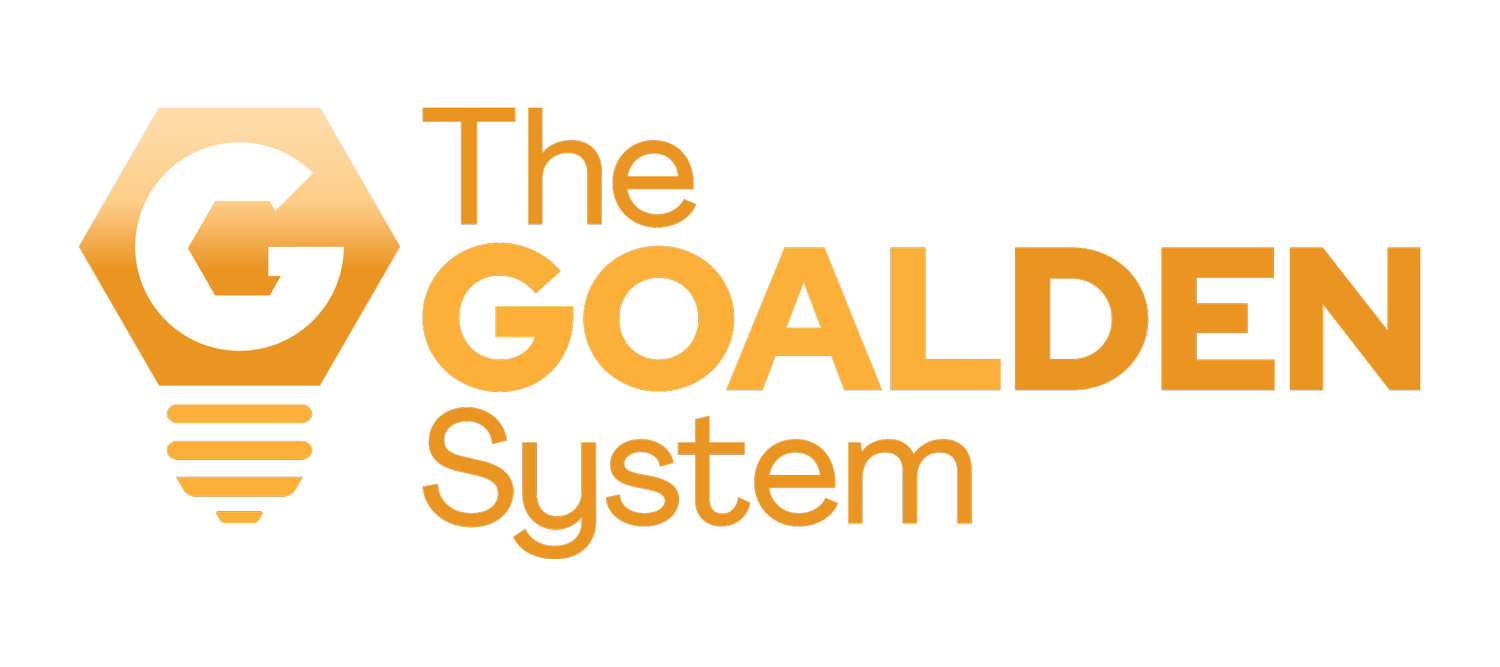Beyond the “Just Do…” Approach: Embracing Individual Needs
Executive function skills are ones that everyone uses daily, but for those that are neurodivergent, these skills take on a new meaning. People that are neurodivergent often tell us that they are sick of being told, “Oh, just use a planner/take a break/write a to-do list,” etc. While EF skills are things we use every day, it doesn’t mean there is a one-size fits all approach.
While it may be reasonable for some people to write things in a planner, someone that is neurodivergent may be deterred by other factors. It’s crucial that one understands how their brain works in order to develop the best system for success. For example, someone that is neurodivergent has likely been told to use a calendar to remain organized. While this concept is a great idea, it doesn’t usually work - not because the individual doesn’t want to be organized, but rather because of another factor such as the calendar being out of sight, not including all obligations, or becoming overwhelmed by the process in general.
Now what?
The truth of the matter is, each brain needs something different. The drive to become organized, reduce stress, and feel more in control is still there, but the difference is learning more about what works for YOU and WHY.
Diving in deeper to the idea of using a calendar, let’s take the above barriers and start tearing them down. Please note that these ideas are to serve as guidance and it’s important to remember that no two brains are the same.
Calendar is out of sight → This is a common occurrence for many people. The “out of sight, out of mind” mentality can really impact the implementation of a strategy. Rather than keeping your calendar on your phone, consider a wall calendar or a dry erase calendar for the entire family. There are also many fabulous technology options to have your electronic calendar displayed on a wall/tv.
Not including all obligations → Wanting to use a calendar system to remain organized is only part of the equation. Calendars are constantly evolving, which means if you don’t add new events or alter changed obligations, your calendar is giving you a false picture. One method to try is to build in a five minute check (using a recurring alarm) at an opportune time, such as right after dinner, to review your calendar. This is meant as a brief check to ensure that everything is still accurate.
Feeling overwhelmed by the process of using a calendar → Beginning any new system can seem overwhelming. When the feeling of overwhelm gets too high, it’s important to have a plan. One way to address this feeling is to remember the “why” behind your behavior change. Remembering why you are implementing this new system can help bring things back into perspective. Another idea would be to review the process and determine where the feeling is stemming from - what part or step of this system is causing concern? Systems will need to be adjusted and that’s ok.
Developing systems can unveil some bumps in the road, but the key is making sure that you aren’t willing to walk away from the system before digging in deeper.
The Goalden System utilizes the GROW Model, which focuses on developing goals, determining the reality of your situation, naming the obstacles, and forging the way forward. Pairing this structure with layers of reflection and accountability gives you the opportunity to create a system that works FOR your brain, not against it.
Society can use the word “just” a bit too often if you ask us. Behavior change is a process and is often aided by the support of a professional. The next time someone mentions, “Oh JUST do X,Y, or Z,” give yourself some grace to dig in and determine how you want your system to look. Name the barriers and develop a path forward

